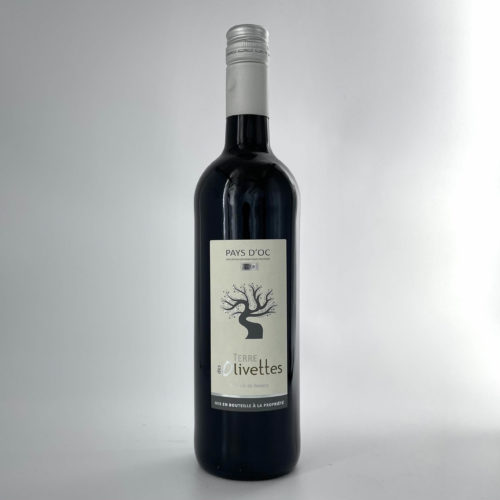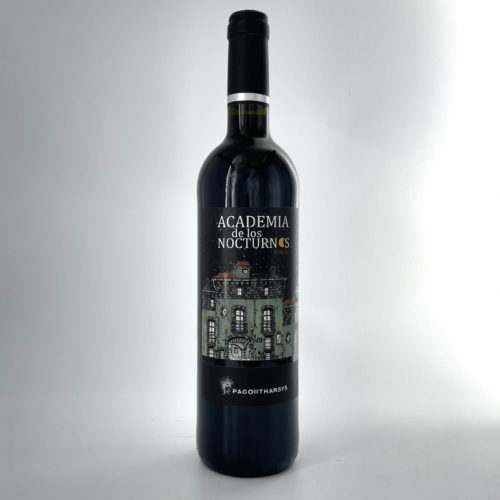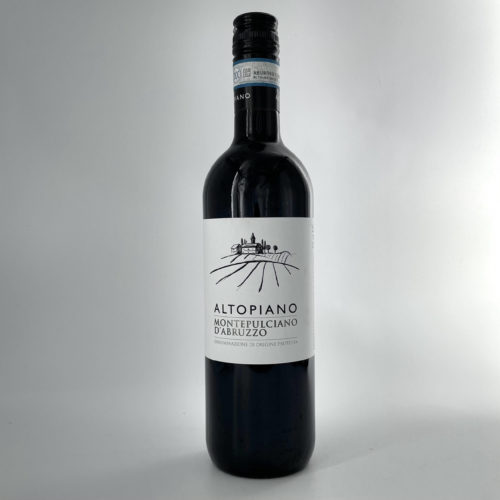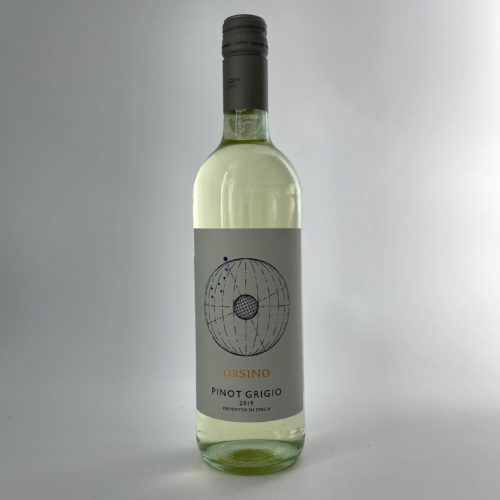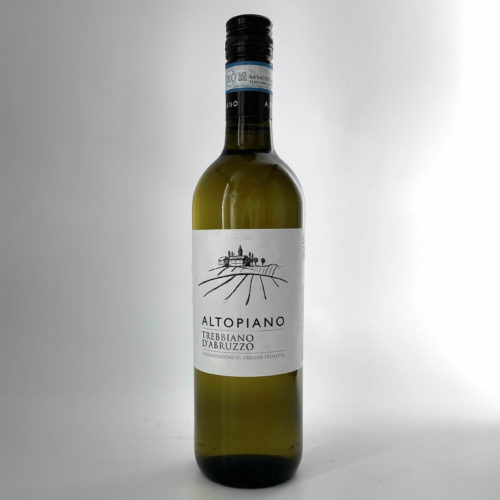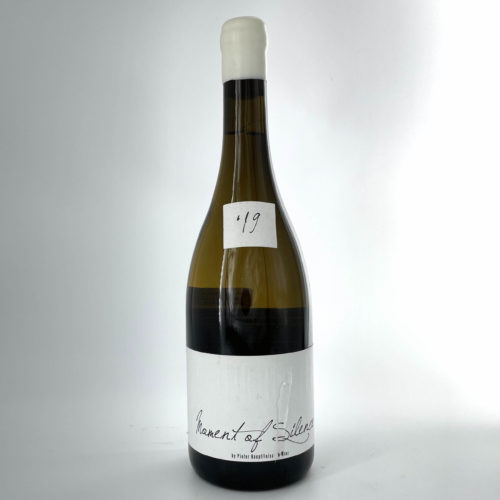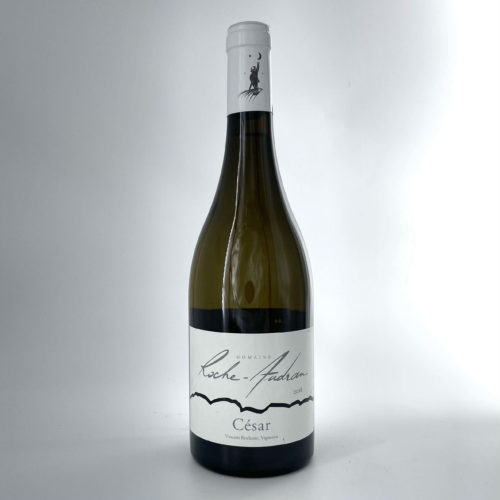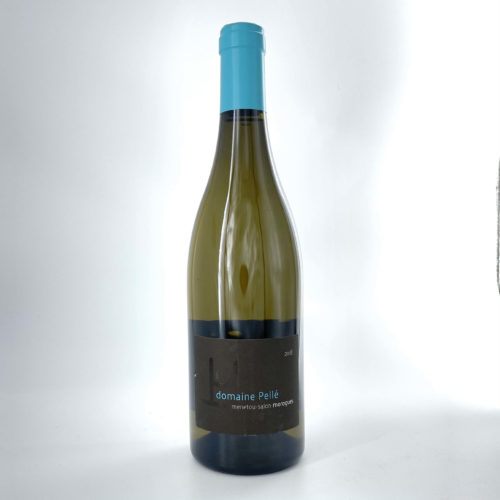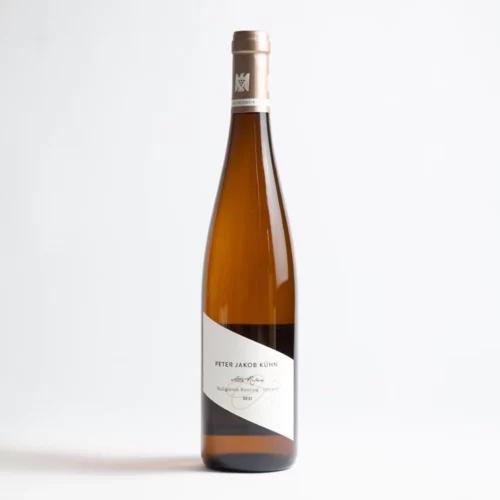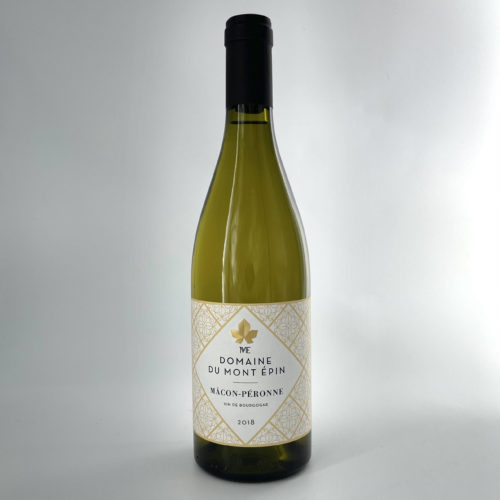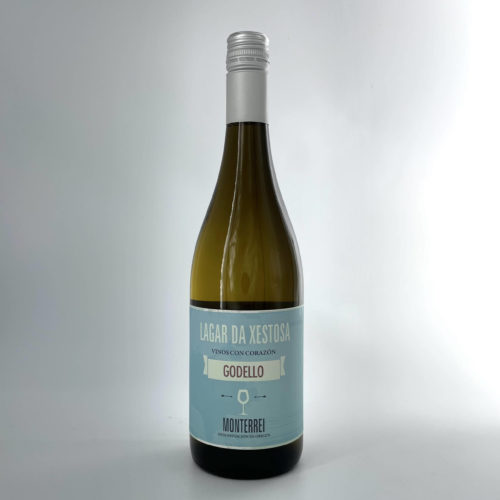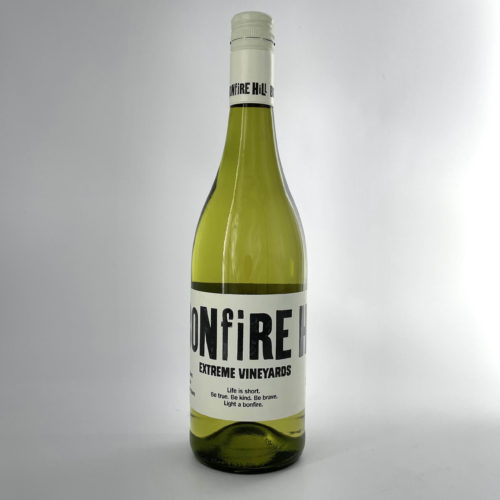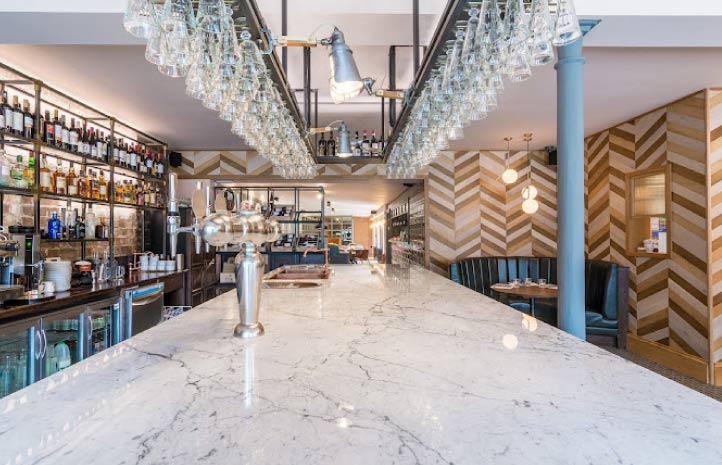Terre des Olivettes Rouge, Vin de Pays, Languedoc, France
The Caves d’Alignan is a co-operative in the Languedoc region that has a very good reputation for producing quality wines utilising modern techniques. In the past few years, Alignan has augmented its winery with the addition of modern equipment that ensures that all their wines are of a consistently high quality. Situated in the Côtes de Thongue area, the vineyards benefit from the Mediterranean climate, giving their grapes a real feel of ripeness, yet also are exposed to a northern prevailing wind.
Bobal, Academia de Los Nocturnos, Pago de Tharsys, Utiel-Requena, Spain
Located in the unheralded region of Utiel-Requena, Pago de Tharsys is an old estate which dates back to 1805. It was purchased by the Garcia family in 1981 and they began adding plots of vines in the early 1990s. Therefore, despite the fact it is an estate steeped in history, it is very much a modern project that remains in progress. Known as “The Godfather of Valencian Cava” for his work to grow the reputation of D.O. Cava wines in this area, Vicente Garcia has always strived to find harmony between traditional and modern winemaking techniques in order to bring out the best of the indigenous varieties of Valencia – particularly Bobal. Their Academia de Nocturnos range is an homage to the mythical ‘Nocturnal Academy’ of 16th century Valencia, where well-known artists and novelists used to meet – always with a glass of wine in hand
Montepulciano d’Abruzzo, Altopiano, Feudo Antico, Italy
Feudo Antico was created on a small plot of land in the heart of Abruzzo. It is in Italy’s smallest DOP and the first designation of its kind in Abruzzo.
Starting from the 2013 vintage, all wines are Magis certified, the most advanced project for the sustainability of wine production in Italy. Currently their 15 hectares are cultivated using native varieties producing limited yields to ensure quality is retained. Clearly they highly value the land they work and this attitude is continued in the winery where the fruit and wine come into contact with no wood whatsoever, only concrete and glass. This guarantees the purity of the fruit, and its flavours, are conveyed from the vineyard direct to the glass.
Pinot Grigio Orsino, Veneto, Italy
Orsino Pinot Grigio is from the volcanic soils of Veneto. Meaning “little bear,” it depicts a constellation of stars that overlook and protect the vineyards by night.
The vineyards are located on the hillsides and planted on clay soil. Cultivated in the espallier system and pruned Guyot style. Grapes are harvested at dawn and late in the day to maintain fresh acidity. Clusters picked during the cooler hours remain intact and there is no risk of skin fermentation during transport.
Trebbiano Altopiano, Feudo Antico, Abruzzo, Italy
Feudo Antico was created on a small plot of land in the heart of Abruzzo. It is in Italy’s smallest DOP and the first designation of its kind in Abruzzo.
Starting from the 2013 vintage, all wines are Magis certified, the most advanced project for the sustainability of wine production in Italy. Currently their 15 hectares are cultivated using native varieties producing limited yields to ensure quality is retained. Clearly they highly value the land they work and this attitude is continued in the winery where the fruit and wine come into contact with no wood whatsoever, only concrete and glass. This guarantees the purity of the fruit, and its flavours, are conveyed from the vineyard direct to the glass.
Blankbottle Moment of Silence, Wellington, South Africa
From critically-acclaimed South African winemaker Pieter H. Walser. Pieter explains when he first established the basic premise of the concept. “In 2004, a lady came to my house to buy wine. She asked for anything but Shiraz. “I don’t drink Shiraz”, were her exact words. I poured her a glass of wine. She loved it and bought 3 cases. It was a straight Shiraz. It’s a fact – we do judge the book by its cover.” And so was born the idea of a range of wines that has no limitations when it comes to style, vintage, area or grape varieties
Cotes du Rhone Cuvee Cesar, Domaine Roche-Audran, Southern Rhone, France
Vincent Rochette comes from a long line of grape growers rather than winemakers. In 1998, he bucked that trend by investing in a cellar and the necessary equipment to allow him to vinify his own grapes, which for five generations had been sold to other winemakers in the area. Vincent is an ardent believer in the benefits of biodynamics, fully converting his estate to follow that philosophy in 2006. He uses only natural products in the vineyard and carries out all his work in keeping with the cosmic cycles of the earth, not only among the vines but also in the cellar
Mentou Salon Morogues, Domaine Pelle, Loire Valley, France
For a long time, Menetou Salon was viewed as the poor relation of nearby Sancerre. Producers such as Domaine Pellé have ensured that is no longer the case. Anne and Paul-Henry Pellé currently preside over the family estate, the 4th generation of the Pellé family to tend vines here. They farm in a truly sustainable manner and aim to communicate the unique expression of the Menetou Salon terroirs in each bottling. Their ‘Morogues white’ is a blend of 7 different parcels from the highest slopes of the appellation. This location ensures the vines, which are rooted in Kimmeridgian marl soils, are exposed to cool temperatures coupled with long sunshine hours
Hallgarten Riesling Trocken, Peter Jacob Kuhn, Rheingau, Germany
It was no surprise Peter Jakob Kuhn had been voted German winemaker of the year for 2016 – his wines are some of the best examples of German produce we have tasted. The Kühn estate was founded in 1786 by Jacobus Kühn and has remained under the watchful eye of his family ever since. Now, along with his wife Angela, and their son Peter Bernhard (who, during his training completed a stage with our friends at Domaine Zind-Humbrecht), cultivates the family land biodynamically, producing a range of Rieslings which showcase the Rheingau terroir. A fervent believer in the ecological benefits of biodynamic farming, Peter is at present, the only producer to follow biodynamic principles in the Rheingau. His wines are made in a fearless manner, with as much as possible left to nature’s own course. His experimental cuvées include wines which have undergone extra-long lees ageing or been fermented and aged in amphora vessels. Peter is a producer we are delighted to introduce to you all and we firmly believe that his wines will become iconic in the very near future.
Macon Peronne, Domaine du Mont Epin, Burgundy, France
Richard and Stéphane Martin, the brothers behind Domaine de la Croix-Senaillet produce this wine. After freak weather patterns disrupted their harvest in 2015, they decided to take on two new vineyard sites in nearby Clessé. This allowed them to experiment with a different terroir, as well as expand their range with the incorporation of a number of new wines.
Godello, Lagar do Xestosa, Galicia, Spain
In 2002 Adegas Pazo do Mar was created. It was born of a 30-year family vocation, which respects and admires the age-old Ribeiro wine- making traditions, but has a fresh spirit and vision for the future.
Adegas Pazo do Mar is dedicated to the production of native varietals, including Godello. They are in pursuit of the perfect balance between traditional and modern methods to achieve characterful wines with distinctive freshness. Their commitment to quality led to Pazo do Mar recently investing in the very best of oenological technology.
Traditionally each generation of our family had used this historic site as their initial launching pad as each embarked on its particular quality crusade; but when it was our turn, in the early 2000s, we decided on a totally fresh start not just philosophically (our tenets to respect nature and go back to the old ways) but in a location of our own – with Alejandra running exports and communications, Marco the viticulturist, and Richard the oenologist.
Bonfire Hill Extreme Vinyards, Western Cape, South Africa
Winemaker Trizanne Barnard has years of international winemaking experience. Her passion lies in the Western Cape, making wines sourced from the most extreme vineyards and blending them to perfection.
Trizanne seeks out grapes from wind-ravaged vineyards in Elim, the old expanses of the Overberg Highlands, from dryland bush vines in the warm Swartland and from the high slopes of the Piekernierskloof. They then all come together under Trizanne’s watchful eye to create wines full of flavour, tannin and texture.

